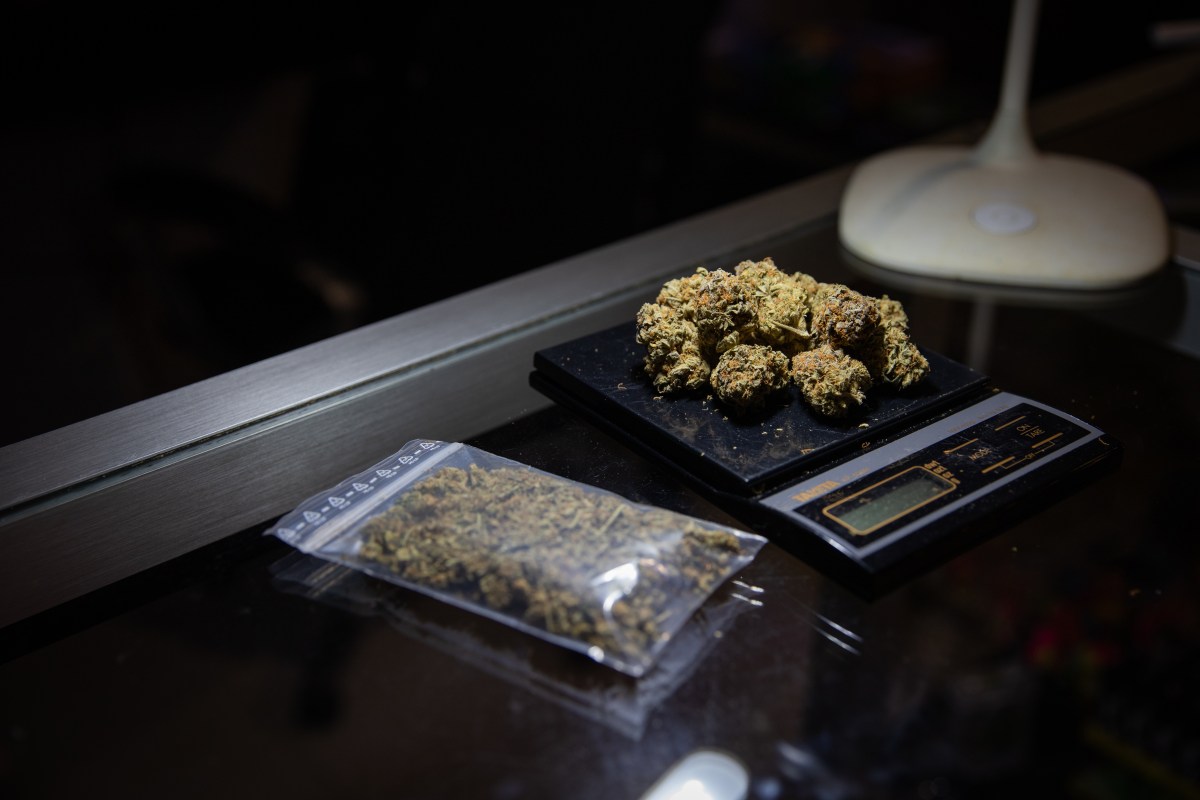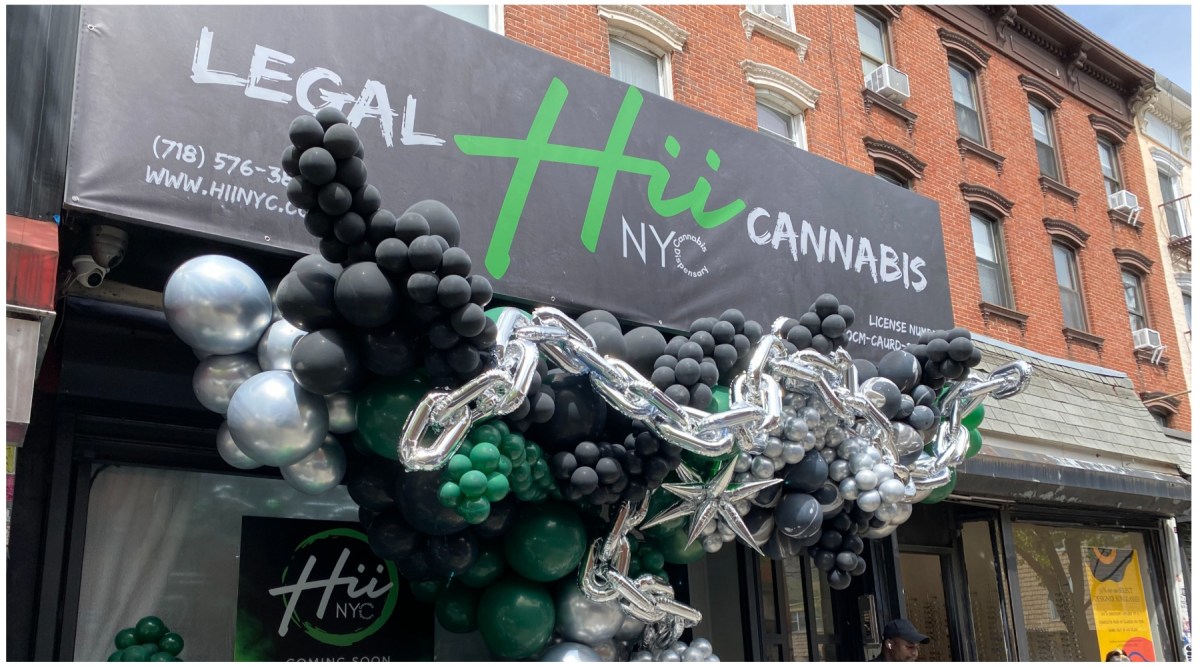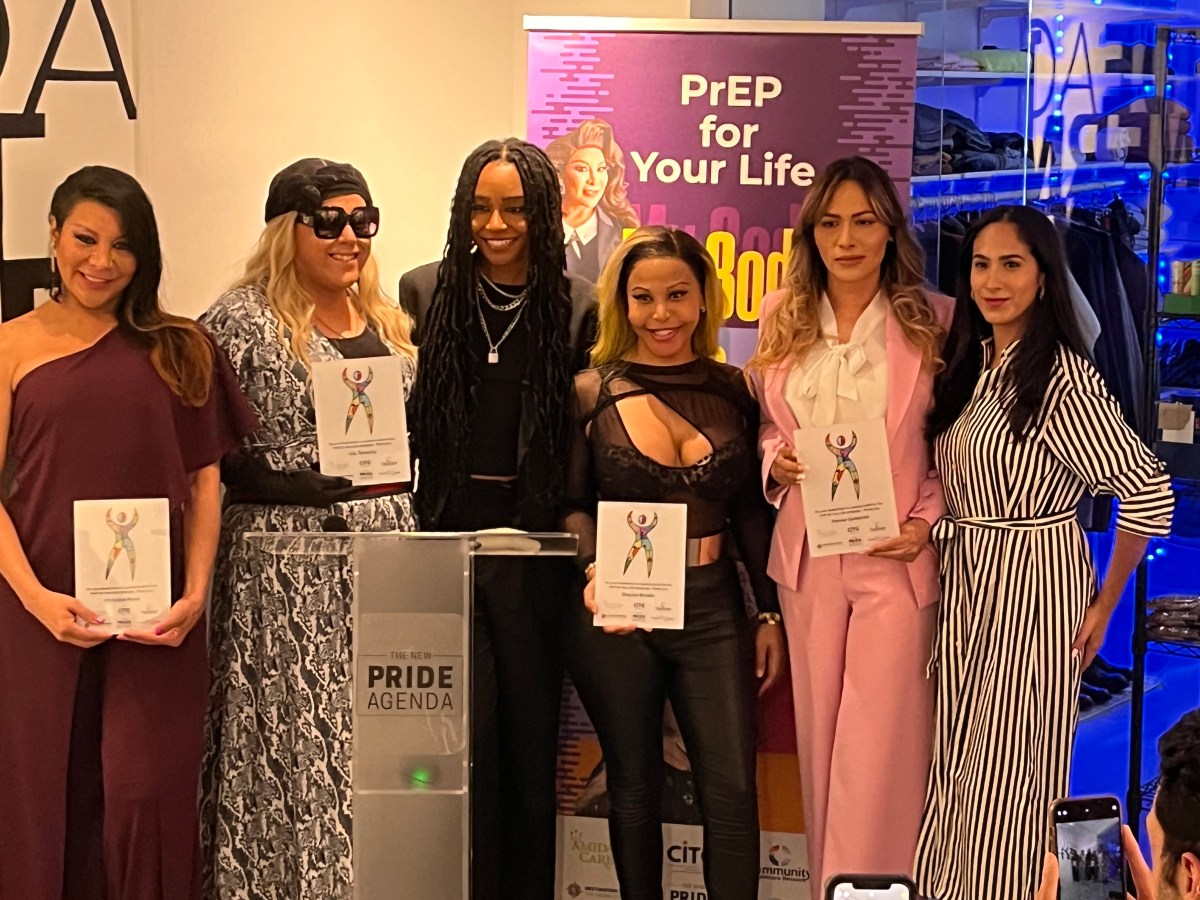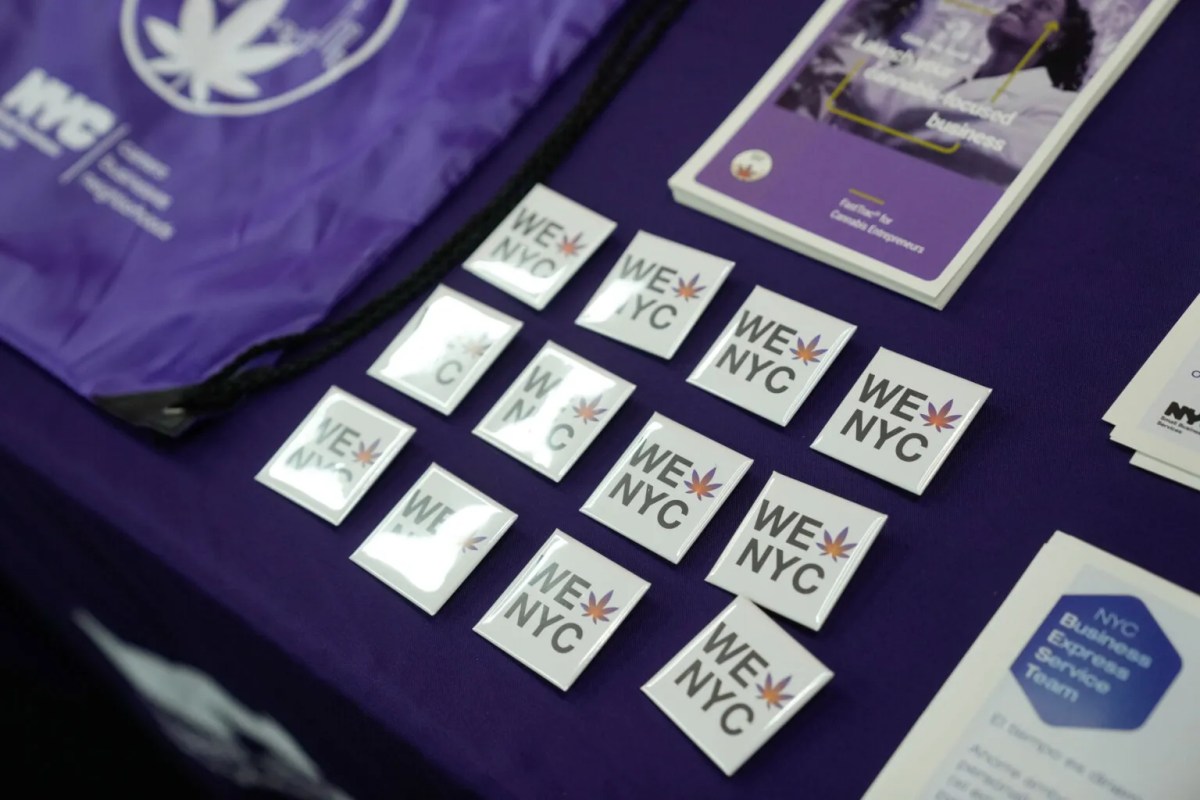“New York City is the epicenter for urban agricultural innovation,” says Nevin Cohen, assistant professor of environmental studies at The New School. “There’s a lot of excitement around food issues and eating locally grown, in-season, organic produce.”
Not surprisingly, City College students are getting into the act and growing everything from herbs to kale and berries. For some, farming is tied to a course; for others, it’s wholly a volunteer experience, providing a hands-on education in nutrition, food production and management.
At The New School, students can intern at several off-campus gardens: the Brooklyn Grange in Long Island City and at the Brooklyn Navy Yard, and La Finca del Sur in the South Bronx.
There’s even work for those who don’t want to get their hands dirty. The more business-minded student can help develop logistics and distribution plans for a 20-farm network in Schoharie County upstate, helping farmers get healthy foods into largely underserved communities throughout the city.
Silvia Torres is the farm manager at Kingsborough Community College of CUNY, where a quarter-acre plot, in operation since 2011, has yielded more than 2,000 pounds of greens, herbs and vegetables.
The program at the only CUNY campus with an on-site farm, Torres says, was originally run jointly by KCC and a local nonprofit, but is now sponsored by KCC’s Center for Economic and Workplace Development.
Much of its annual harvest is donated to low-income students enrolled at the college. In addition, KCC’s culinary arts program relies on its output for in-class demonstrations.
The farm’s staff — only a handful are paid — start planting seedlings indoors in late February, and full outdoor production runs from late March to November.
“Our goal is to help students understand that something called a food system exists, and that they have the power to make choices that impact both the environment and their health,” Torres says.
While KCC’s farmers do not get academic credit for their efforts, New York University’s 1/8-acre Manhattan plot is tied to an Intro to Agriculture class taught by Laurel Greyson, professor in the university’s nutrition, food studies, and public health department.
The class was so popular when it was first offered in fall 2013 that it is being expanded.
“Farming provides a sense of community that is rare in higher education,” Greyson says. “You get to know people. You work with your hands. You troubleshoot to figure things out and then get a tangible result.”
Other city-based colleges are also tapping into interest in urban food production. Columbia University students can volunteer at a garden on West 120th Street or on an upstate farm, for example, and the Fordham Lincoln Center campus plans to start a farm near one of its dormitories next fall.

















